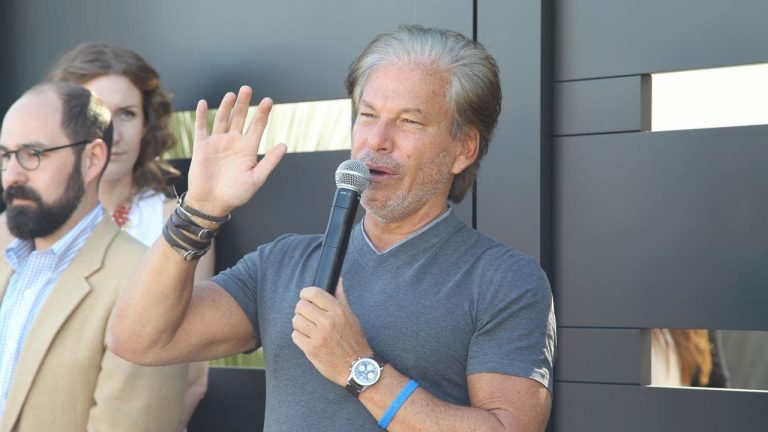
The bank’s report also predicted ETH could hit $4,000 in the lead-up to an approval.

The bank’s analysts expect spot Ethereum ETFs to follow in the footsteps of spot Bitcoin ETFs.
(Shutterstock)
Posted January 30, 2024 at 12:58 pm EST.
Standard Chartered Bank is eyeing May 23 as the date for the Securities and Exchange Commission to approve spot Ethereum exchange-traded funds, according to a report shared with the bank’s clients and reviewed by Unchained.
The Block first reported the news.
The SEC is likely to take a strategy similar to the one it took for approving spot Bitcoin exchange-traded funds, according to the report. If approved, Ethereum ETFs would be the second domino to fall after the long-awaited approval of Bitcoin ETFs on Jan. 10, and be a boon for an industry that has undergone a prolonged bearish period.
Read more: SEC Delays Decision on BlackRock’s Spot Ethereum ETF
Under a section of the report entitled “History doesn’t repeat itself, but it often rhymes,” Geoffrey Kendrick, head of Standard Chartered Bank’s crypto research, wrote that he expects “pending applications for ETH U.S. spot ETFs to be approved on May 23, the final deadline for the first of the ETFs under consideration — the equivalent date to Jan. 10 for BTC ETFs.”
Kendrick noted that if Ether follows how Bitcoin performed in the lead-up to its ETF approval, its price could hit $4,000 by late May. Ether is currently trading at around $2,370, according to CoinGecko.
“We don’t comment on individual filings,” said an SEC spokesperson when asked for comment. “Broadly speaking, if the Commission declares a registration statement effective, that is reflected on EDGAR. Any Commission 19b-4 orders will be posted on our website and then published in the Federal Register.”
Still, the SEC postponing decisions on two ETH ETFs (BlackRock and Fidelity) on Jan. 24 follows the same pattern as its deliberative process when it came to Bitcoin ETFs.
The market doesn’t seem to agree with Kendrick, however, with a wide range of opinions about whether Ethereum ETFs will even be approved at all.
“Based on market commentary, we believe approval expectations are relatively low, likely below 50%,” wrote Kendrick. Yet, he believes the market is wrong in this case.




